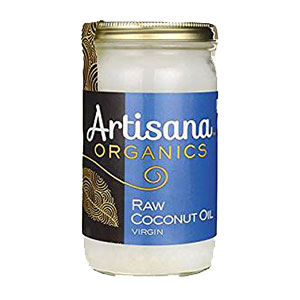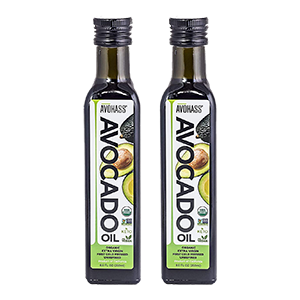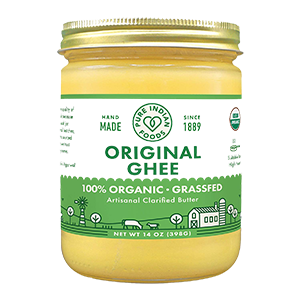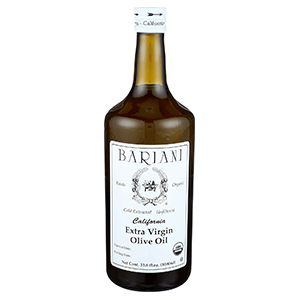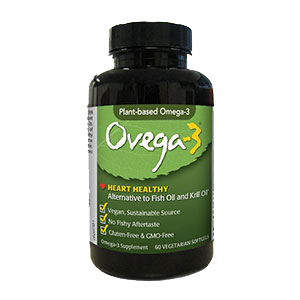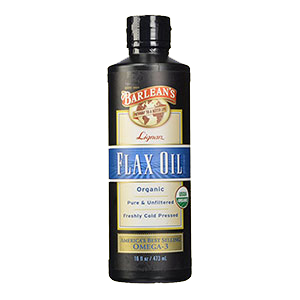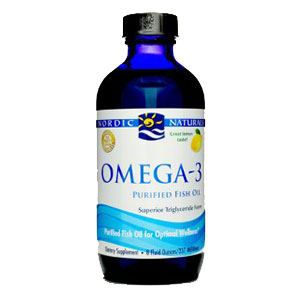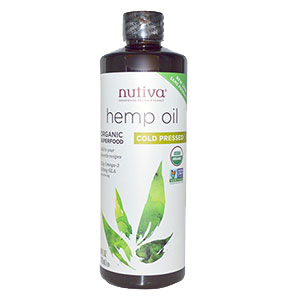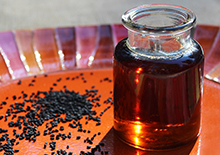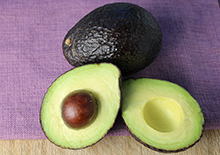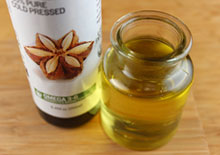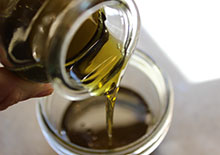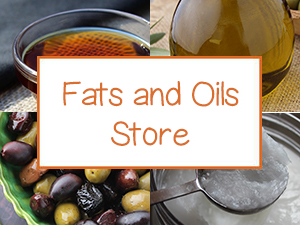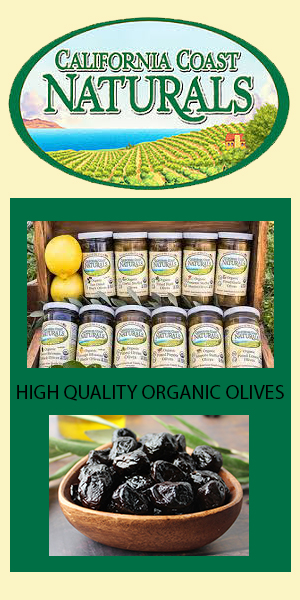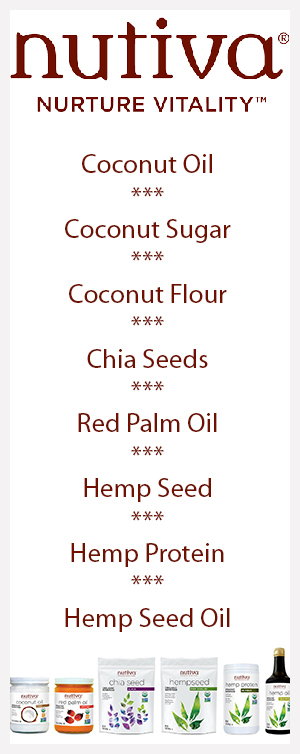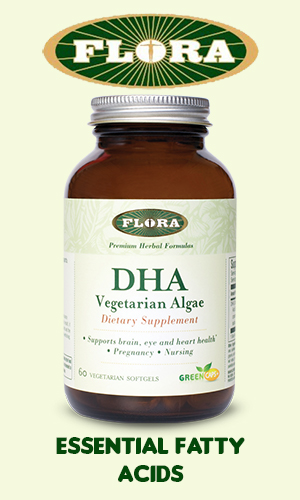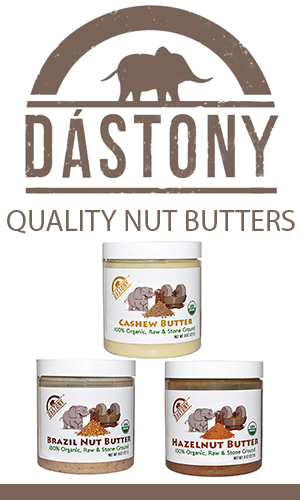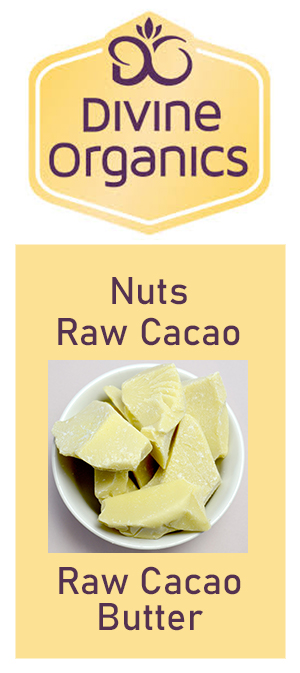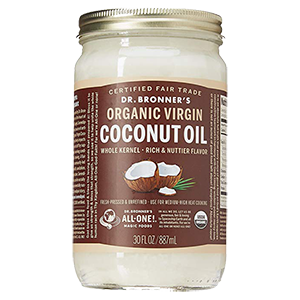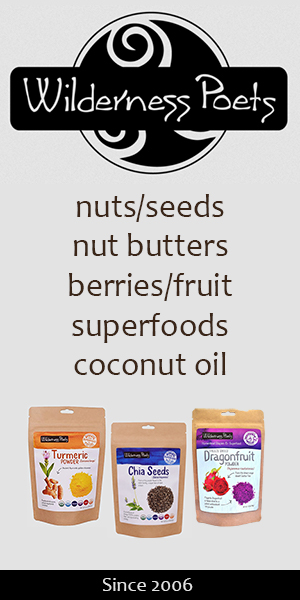What is Canola Oil? Top Reasons Why It's Best Avoided
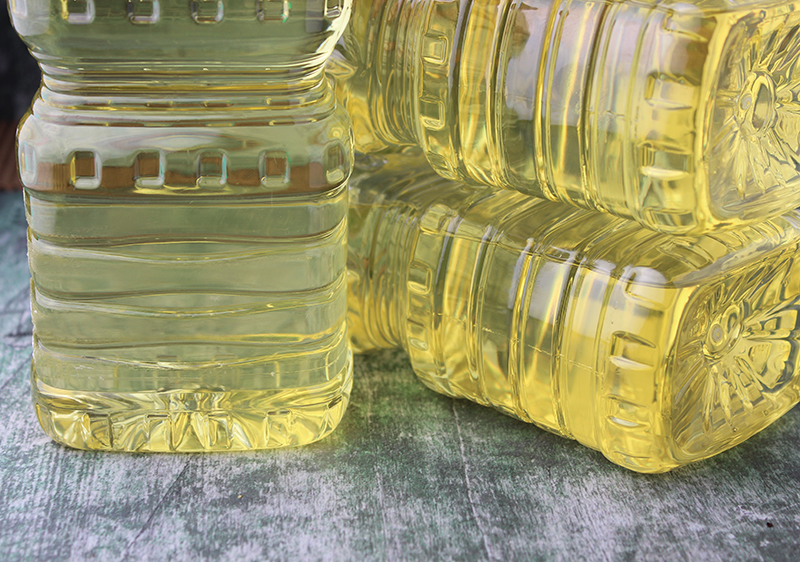
Canola oil comes from a plant that was initially bred in Canada in the 1970s from the rapeseed plant (Brassica napus), a cruciferous vegetable in the mustard family. To produce a food-grade oil with a lower erucic acid content than rapeseed, another cultivar was developed through crossbreeding.
The original name for canola oil was called LEAR oil, short for "low erucic acid rapeseed." The name CANOLA was later adopted for marketing purposes which is a blend of the words CANadian Oil Low Acid (CAN-O-L-A).
Canola is distinguished by its bright yellow flowers and familiar-looking seed pods common to other brassica plants like kale or broccoli.
Although it is refined from the seeds of the plant, it is considered a type of "vegetable oil."
Canola oil, because it is rather cheap to produce, has many uses in processed and packaged food products and has been greatly utilized industrially since the time it was first created.
The growth of commercial canola oil manufacturing as an edible vegetable oil came shortly after genetically modified crop varieties were produced in the late 1990s leading to an increased supply.
Over the last several decades there has been a large debate about whether refined vegetable oils like canola are good fats we should be consuming on a regular basis. Here are our top reasons why you might want to consider other oil alternatives.
Why Canola Oil Might Not Be a Good Choice
1) Canola Oil and Its Refining Process
2) Most Canola Oil is Genetically Modified
3) Canola Oil and Polyunsaturated Fats
4) May Contain Trans Fats
5) History of Canola Oil Marketing
1) Canola Oil and Its Refining Process
If you've ever visually witnessed how canola seeds are processed as vegetable oil, you will know it is quite a long and involved procedure, not a simple one like when making unrefined oils.
It begins with seed cleaning, flaking, seed cooking (at temps between 176–221°F or 80°–105°C) and seed pressing. The remaining presscake also receives chemical solvent extraction (usually hexane) to draw all the oil from the seeds. Canola oil then undergoes the standard RBD process, which stands for refined, bleached and deodorized.
These techniques remove impurities and odor but most importantly, "commercially-speaking", increase the oil's shelf life and smoke point. The end result is a clear rather innocent-looking light-yellow oil that can last up to 2 years or more without going rancid.
The refining process basically strips out all of the potential nutrients. Some health experts refer to refined vegetable oils like canola as "plastic oils" because they chemically alter molecules in the oil in a very unnatural way to render a consistent product with a neutral flavor and smell. It is commonly believed that these types of refined oils can have harmful effects, especially on the liver, when consumed regularly.
Generally, it is our personal opinion that canola oil is best avoided as a main oil option. Rather, consuming a variety of high-quality fats and oils like extra virgin olive oil, avocado oil or coconut oil and red palm oil can be better dietary choices for long-term health.
Here are a few other reasons why you might want to avoid regular use.

2) Most Canola Oil is Genetically Modified
In the 1990s the company Monsanto developed and patented the first strain of "Roundup-ready" genetically modified canola seeds. This basically means that the plants can be sprayed with the herbicide known as glyphosate and it won't kill the plant only the weeds around it.
GMO canola is grown by almost all major countries producing canola oil crops. After soy and corn, it is next on the list of top genetically modified foods. Consequently, as of 2019, about 90% of the canola oil sold and used commercially in food products is genetically modified.
Some research does indicate that glyphosate is a very toxic substance that can impact human health. The question is does GMO canola oil contain glyphosate residues? Unfortunately, monitoring oils for potential contamination is currently not a required procedure.
What About Non-GMO Organic Canola Oil?
If you're going to use canola oil, we definitely recommend non-GMO organic varieties as they are probably your best bet as far as quality. These are expeller pressed oils that go through a "double pressing" and don't involve the use of chemical solvents.
However, even most "higher quality" expeller pressed canola still goes through an extensive refining process to produce an edible oil.
We scoured the internet looking for "cold pressed" and "unrefined" canola and it is very rare. We did find one unique Canadian product made in Quebec, so it is possible.
Remember that canola oil must explicitly indicate on product labels the term "expeller pressed" and have organic certification and non-GMO seals for it to be a genuine product.
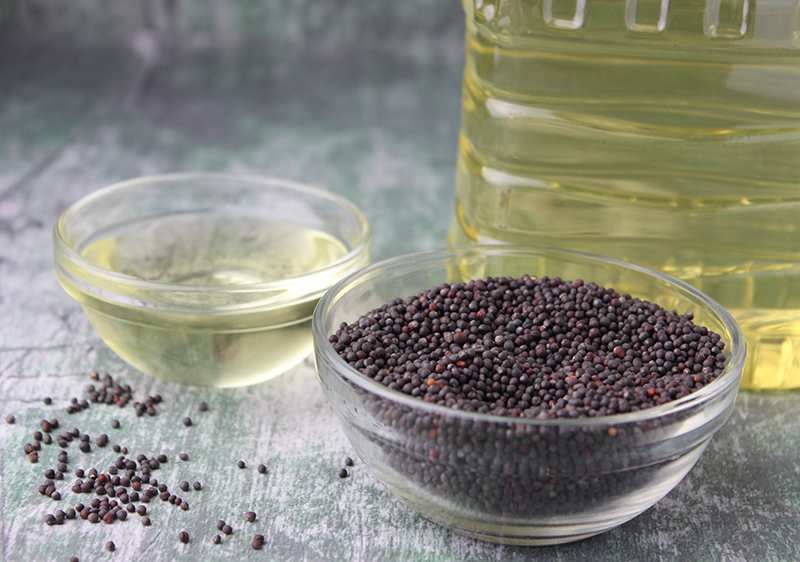
3) Canola Oil and Polyunsaturated Fats
Yes, the seeds used to make canola oil are naturally high in both the polyunsaturated fats known as omega-6 and omega-3 fatty acids, usually in a good 4:1 ratio. However, the refining process that most canola oil goes through is extremely damaging to these essential fatty acids that are highly sensitive to light and heat.
For example, most people are aware that flaxseed oil, one of the highest in ALA omega-3's, is not an oil you want to cook with. It is often in fact cold pressed and sold in dark bottles to protect it against oxidation.
When it comes to commercial canola oil, by the time it goes through its traditional refining and manufacturing process it is logical to say that these polyunsaturated fats have largely been exposed to both high heat as well as light. Oil oxidization can have negative repercussions on PUFA content encouraging free radicals within the body when consumed.
In 2018 research on rats, both canola and soybean oil were shown to cause both inflammation as well as oxidative stress. Similarly, in an earlier study, canola oil was concluded to decrease the lifespan of rats tested. Other investigations on mice conclude that chronic consumption of canola oil can have a negative influence on certain neurological functions. (Source)
If you do decide to use canola oil it is good to do so in moderation within a well-balanced diet including good fats like omega-3 ALA-rich foods and marine sources of DHA like fish, seafood, and/or fish oil, cod liver oil, krill oil or algae oil supplementation.
4) May Contain Trans Fats
According to a Harvard published article, there are low amounts of artificial TRANS FATS in refined canola oil due to the deodorization process as well as its exposure to high temperatures that transform polyunsaturated fatty acids into trans-fatty acid isomers.
These bad trans fats are especially present in partially hydrogenated canola oil in products like shortening, margarine and as an ingredient in many packaged and processed foods.
It is best to avoid artificial trans fats like hydrogenated or partially hydrogenated canola oil or, at the very least, consume these types of foods sparingly, not on a frequent basis.
Keep in mind that trans fats, as a byproduct of industrial vegetable oil refining under current U.S. FDA regulations, are listed on product labels as "0 grams" when they are under 0.5 grams per serving, which is usually one tablespoon.
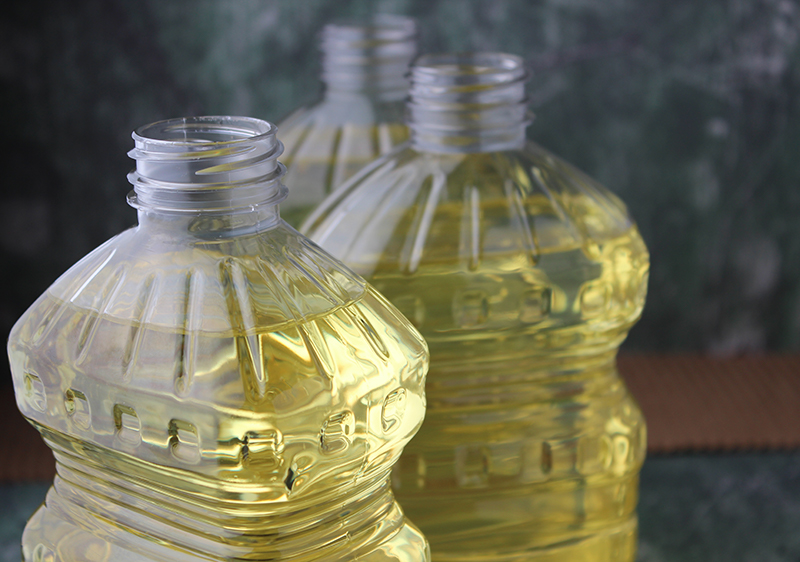
5) History of Canola Oil Marketing
Refined canola oil or as some call it "con"ola oil, is claimed to have been historically created as the industry's response to reputed "artery-clogging" saturated fats in addition to the proposed health risks of consuming other vegetable oils like corn oil and soybean oil.
Canola was basically a cheap oil option to olive oil and was an easy sell as a monounsaturated alternative to the main saturated cooking fats used at that time like lard and butter.
By the early 2000s, it was heavily marketed to the "health food consumer" as a better type of oil to include as part of a balanced diet.
Because of saturated fats past link to heart disease, it is generally
recommended that adults keep saturated fat levels between 7-10% of your
daily caloric intake.
While there is an ongoing debate between nutrition scientists and some holistic health authorities about the consumption of fats in the diet, especially the saturated variety (*), canola oil as an overall replacement is not the best choice for the reasons we previously mentioned.
In our opinion, other monounsaturated oils like extra virgin olive oil or avocado oil are better substitutes as well as unrefined saturated fats like coconut oil and ghee when used in moderation for cooking purposes.
Precautions:
We don't recommend the regular use of canola oil or foods with partially hydrogenated canola oil for long-term health and wellness. Before using canola oil products, seek the advice of your nutritionist or dietitian if pregnant, nursing, taking prescribed medication or if you have a medical condition.
Shop Related Products (About Affiliates & Amazon Associate Paid Links)
Affiliate Disclaimer: This section contains affiliate product links. If you make a purchase through our recommended links, we receive a small commission at no additional cost to you. Thanks for the support.

